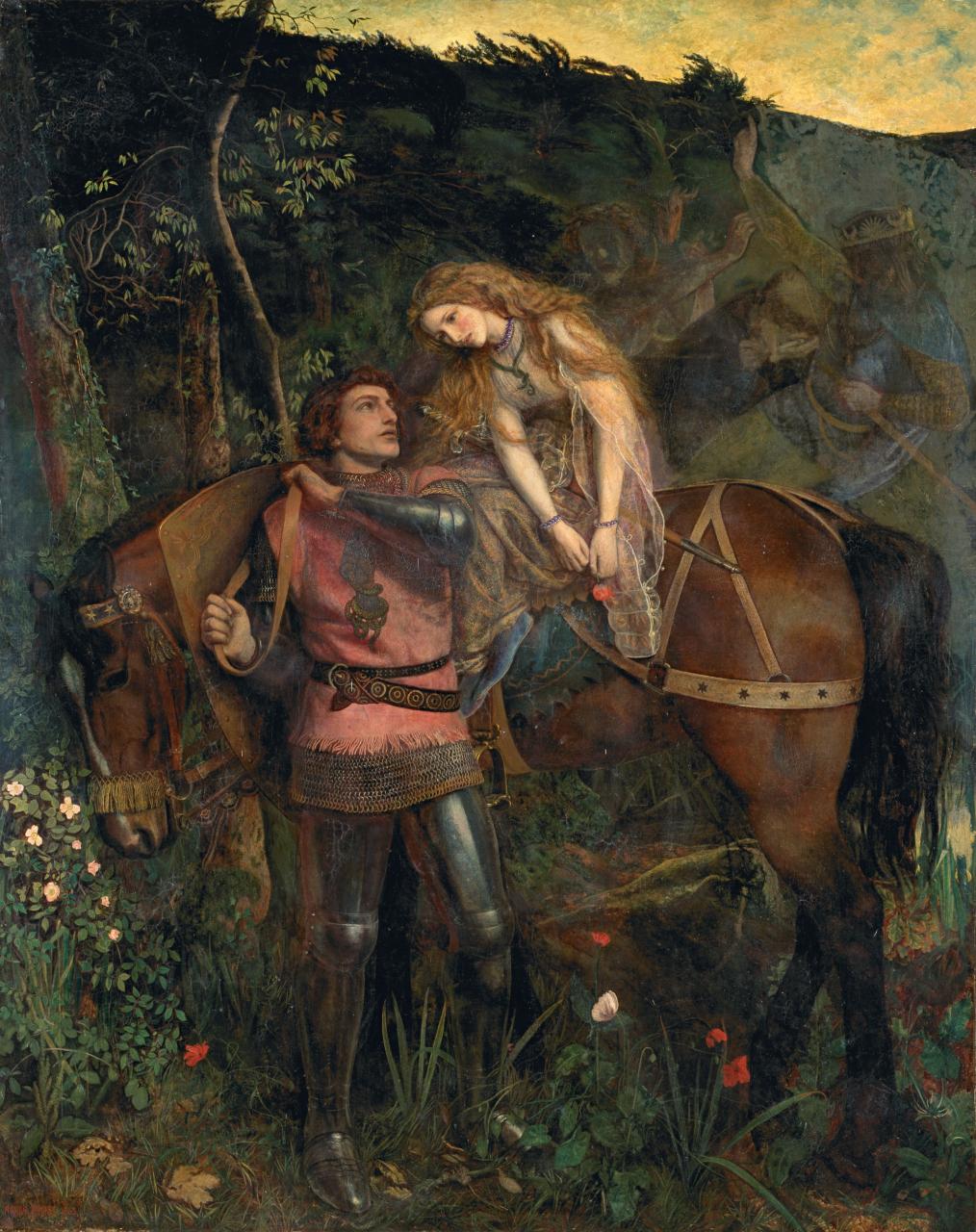
Introduction
Most people when asked about the Arthurian legends will bring to mind well known tropes from idealised British fantasy. Indeed, the Arthurian legends, in combining medieval history and ancient mythology, created those tropes. There are maidens in flowing dresses in extraordinary castles, brave knights in shining armour, old wizards with long beards, seductive witches, changelings, ghosts, giants, dwarves, elves, goblins, unicorns, dragons, magical swords, and otherworldly lands. There are wise rulers, antagonistic offspring, sibling rivalry, obsessions and madness, dangerous quests, romances both pure and destructive, and competitive love triangles. There is the theme of the end of the old ways and the rise of the new. The only thing missing from what we consider staple fare for contemporary fantasy is hobbits; and we all know where they came from.
For those who are a little more familiar with the story, they might mention a youngster who draws a magic sword from a stone during a time of chaos, which determined the King of all the Britons, receives Excalibur from the Lady of the Lake, who rose and united the land against invaders, formed a semi-democratic and multicultural council of knights, the Round Table. They may also mention the establishment of chivalry as a knightly code of conduct as the foundations of 'noblesse oblige', a tradition sorely lacking in contemporary times. They may even mention the illicit romance between Lancelot and Queen Guinevere, and the tragic parallel between Tristram and Isolde, the rise of the Waste Land, and the search of the Holy Grail to cure the ills of the world. They will also certainly mention Mordred, Arthur's nephew and son (think about that for a moment and let it sink in), who eventually fights Arthur at the Battle of Camlann and wounds him, leading Arthur to be sent to the isle of Avalon, where he rests, until he will return again, in accord with the 'King in the Mountain' motif, to save the green and pleasant land of the Britons in the time of greatest need.
But what really is this story? Why has it survived for hundreds of years, with its many and various representations? There are literally thousands of published poems, hundreds of books of prose and plays, scores of films, computer games, studies, and so forth. Is there, stripped of even all the supernatural embellishments, even a kernel of truth to the legend? Why is it still popular to this very day, and doubtless will be in the future? What can we learn from it? To answer these questions one must explore the actual history of Britain when the stories were set and compare them to the medieval stories of the Arthurian legend. One must also look at some of the modern reconstructions and interpretations of the legend. One must also engage in literary analysis, to discover the motivating factors that have ensured the tale's continued popularity.